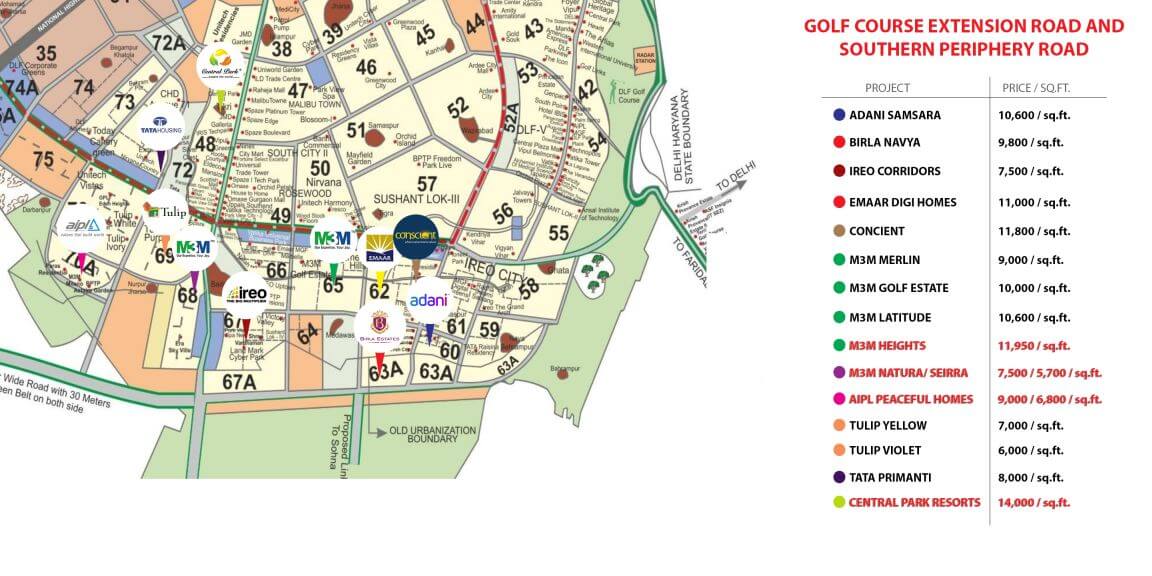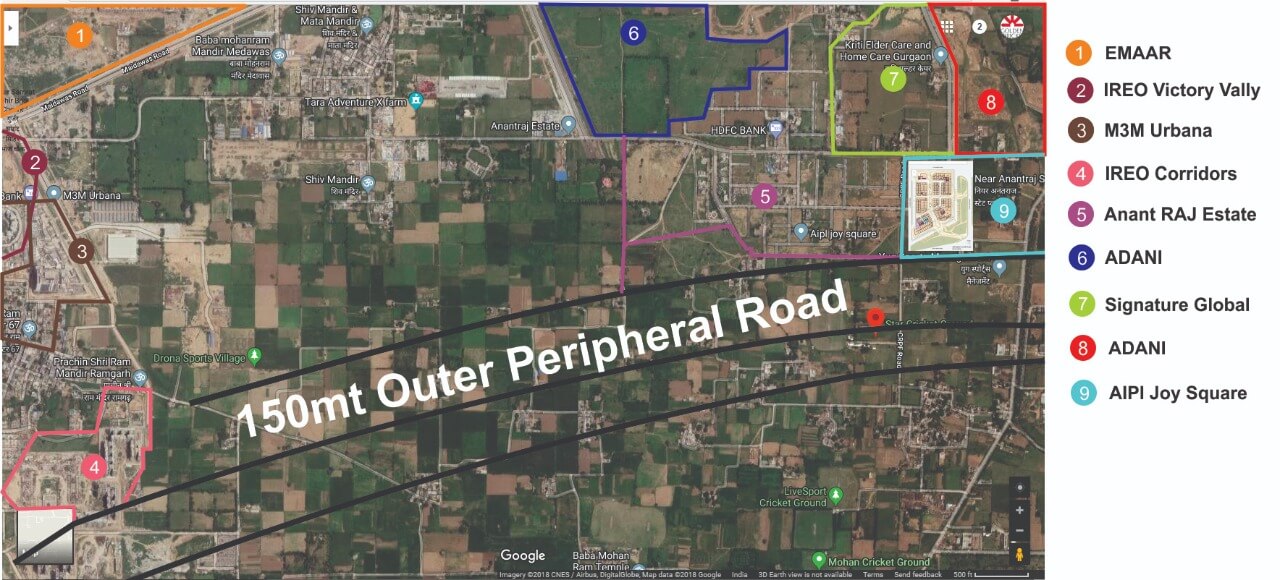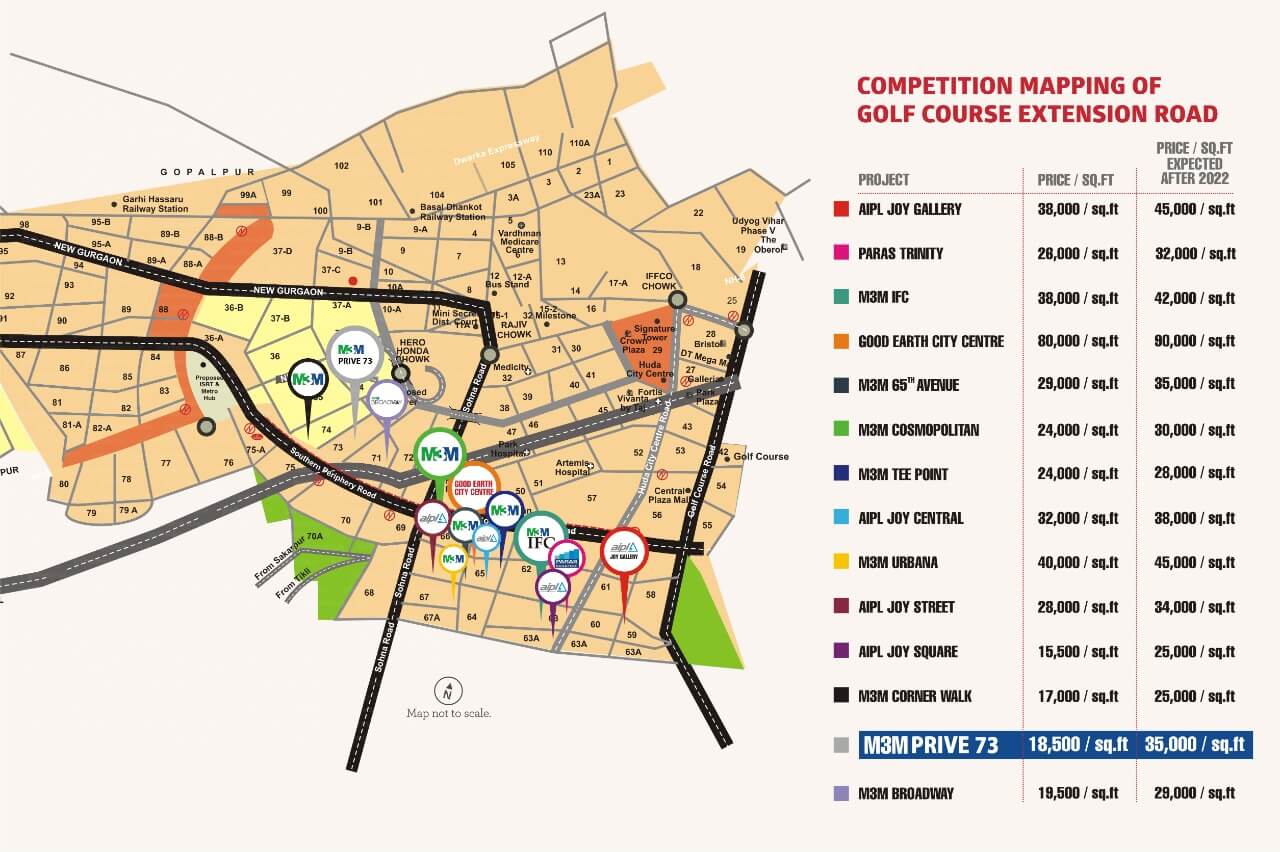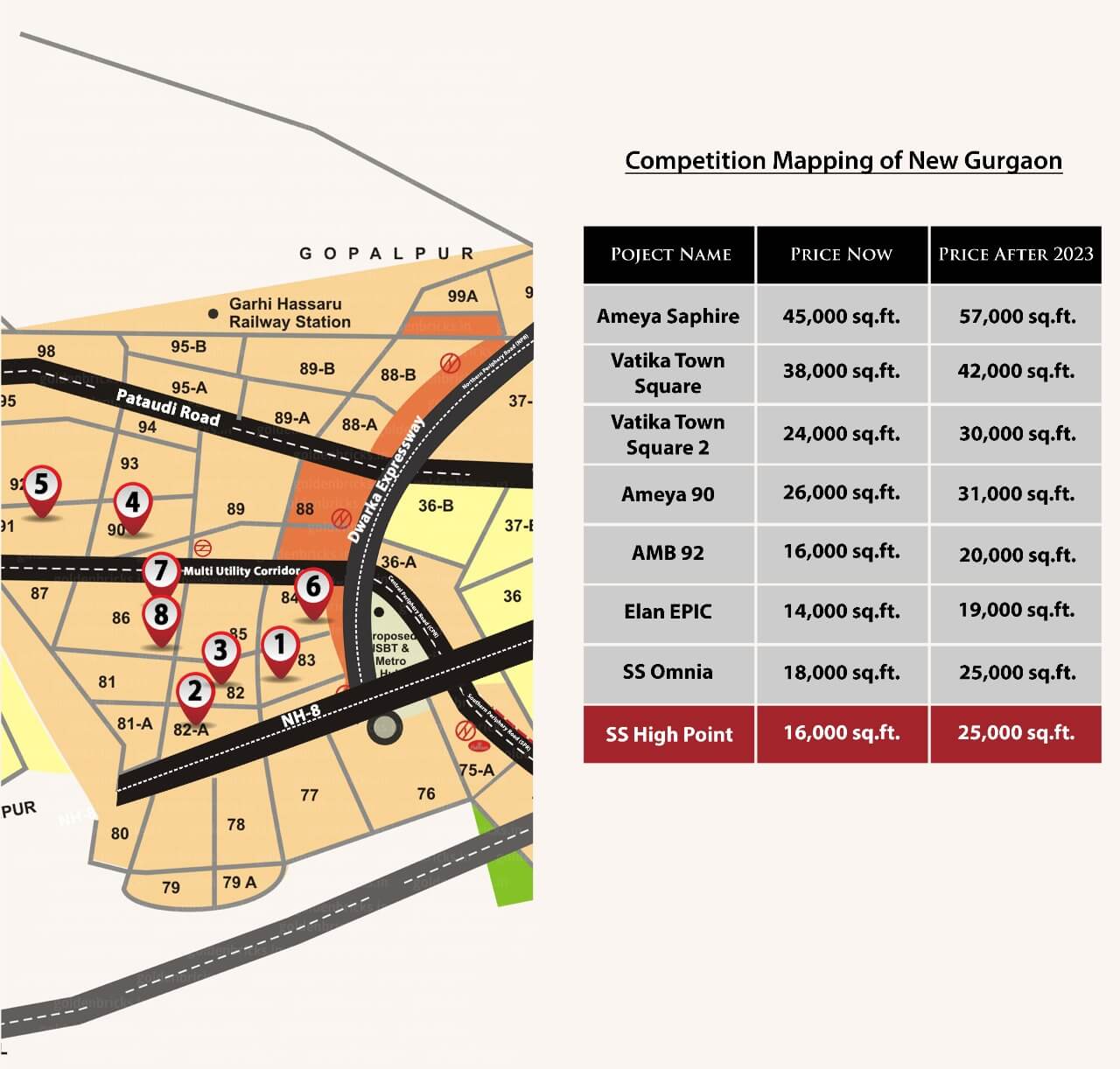Impact of GST on Real Estate Sector
With the enforcement of GST, there is a lot of commotion in trade and commerce of the nation.
The Goods and Services Tax came in the frame on 1st July 2017, and is seen as a reform in the previous taxation arrangements, proposed to untangle and simplify the system. The motto is “One Nation, One Market, One Tax”. A host of indirect taxes are subsumed under GST and a simple tax is levied on all goods and services.
The real estate sector, being one of the prominent sectors of trade and commerce, sees a lot of effects, post-GST.
Whether you are a buyer, seller, developer, intermediary, financier or investor, GST will impact everyone in the real estate sector in many ways. While the buyers must be worried about the prices of residential or commercial properties post GST, the developers are keen to know the variations in material and input costs.
Let us have a quick look at the effects in all real estate segments:
Main Stream Benefit
One most important reform that GST will bring is transparency in taxes. Thus, the connection between the buyer and seller will see an upgrade, and investor interests will be revived. The perception about the sector will improve, resulting in a drop in prices, by 1% to 3%.
Benefit to Buyers
The earlier tax system forced the buyers to pay complicated taxes at various stages of construction and development. VAT, service tax, stamp duty, registration charges and all such taxes and duties were a part of property regime, that too, differently in different stages of construction and depending upon pre and post construction. Buyers were also liable to pay taxes depending on the state where it is located, since VAT and stamp duty were state levies, and each state specifies its own figures. So the calculation of taxes was very tedious in the earlier regime. GST charges all under-construction properties at 12 per cent of the property value. This excludes stamp duty and registration charges. No indirect tax is applicable on sale of ready-to-move-in properties hence the tax will not apply to those. The biggest takeaway is that GST is a simple tax that applies to the overall purchase price.
Benefit to Developers
Developers were earlier charged for Central Excise Duty, VAT and entry taxes collected by the state on construction material costs. Further, there was a payout of 15% tax on services like labor, architect fees, approval charges, legal charges etc. The developers use to transfer this burden to buyers. Under GST, the changes in construction costs are not grave, yet reduced cost of logistics will result in reducing expenses as well. The input tax credits will also help the developers to increase profit margins and it will be a simpler tax to work with while generating good income.
All in all, GST is a profit proposition for real estate sector! Let us work in tandem!




